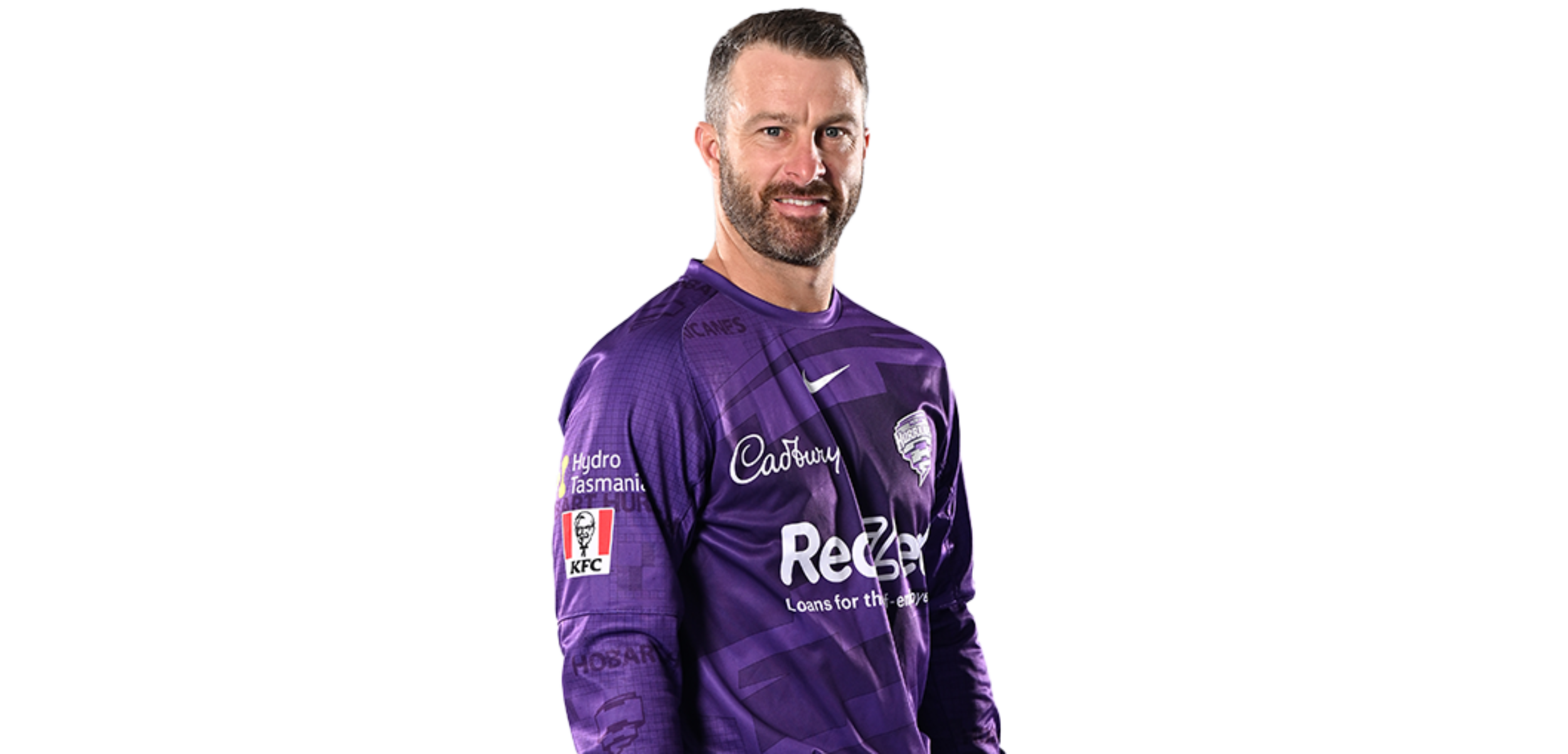Matthew Scott Wade, born on December 26, 1987, stands tall in Australian cricket. Currently, he’s the interim captain for Australia’s Twenty20 International team.
His cricketing prowess extends to the Tasmanian team and Hobart Hurricanes, leading both with vigor.
In December 2020, Wade made his mark, captaining Australia in international cricket for the first time. His leadership skills shone, heralding a new era for the team.
Key Takeaways
Hide- Multi-Team Experience: Wade has played for various teams including Tasmania, Victoria, Hobart Hurricanes, and international T20 franchises.
- Resilience in Adversity: He overcame testicular cancer at the age of 16 and also deals with color blindness, showcasing his determination and resilience.
- Domestic Cricket Impact: Wade's move to Victoria in 2007 significantly boosted his cricket career, leading to his prominence as a wicketkeeper.
- International Cricket Success: He has been part of the Australian national team in T20, ODI, and Test formats, displaying versatility and skill.
- Leadership Role: Wade's captaincy roles span domestic teams and the Australian national team, reflecting his leadership qualities.
- Comeback Story: After a period of being out of the Test team, Wade made a successful return to the format in 2016.
- Global T20 Player: Wade's cricket journey includes stints in the IPL, The Hundred in England, and the Pakistan Super League, showcasing his global appeal.
From Hobart to Highlights: The Matthew Wade Story
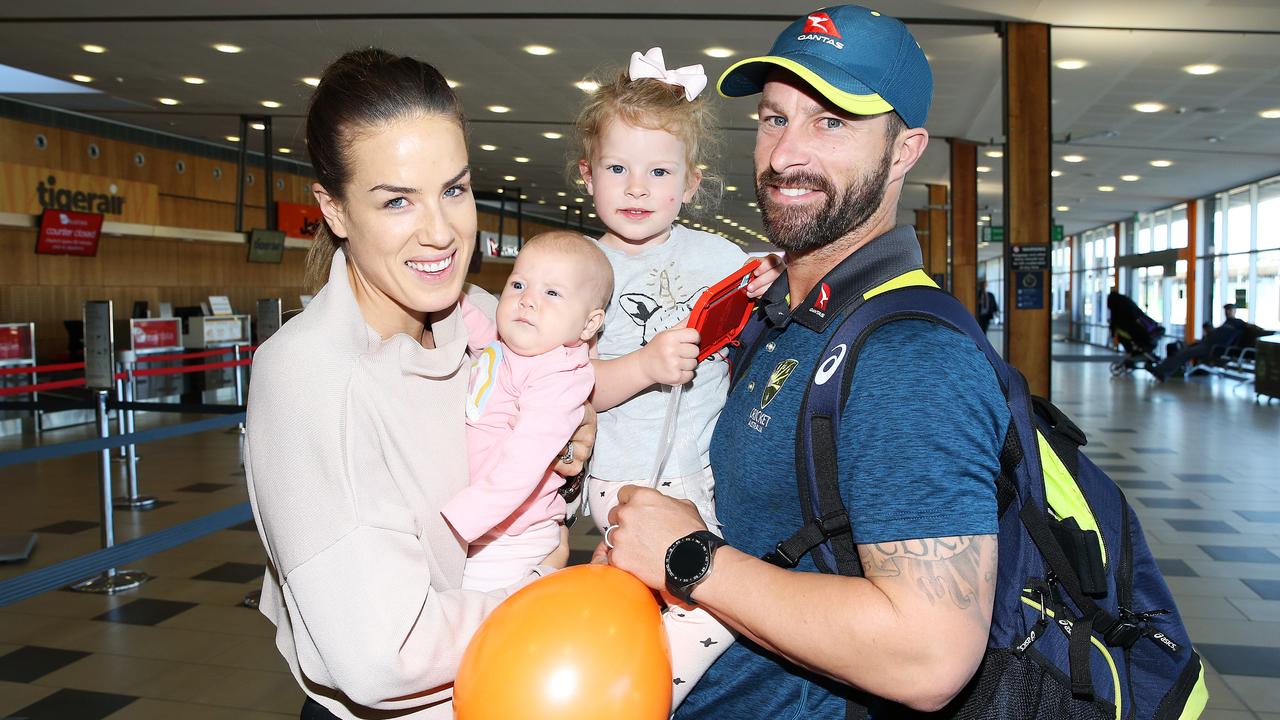
Born in Hobart on a sunny December day in 1987, Matthew Wade embarked on a journey destined for greatness.
His father, Scott Wade, dazzled on the Australian rules football field, showcasing his talent for Hawthorn in the VFL and Tasmanian teams Clarence and Hobart.
Eventually, Scott rose to become AFL Tasmania’s CEO. Meanwhile, Matthew’s grandfather, Michael Wade, led as president of the Hobart Football Club.
Adding to the family’s athletic legacy, his cousin, Jeremy Howe, defends for Collingwood Football Club.
A Dual-Threat Athlete: Cricket and Football
As a youngster, Matthew Wade shone in both cricket and football. He proudly represented Tasmania in junior cricket, weaving magic with bat and ball.
In football, he served as vice-captain for the Tassie Mariners in the TAC Cup. There, he played alongside future AFL stars like Sam Lonergan, Grant Birchall, and Jack Riewoldt.
Matthew’s cricketing prowess led him to represent Australia in the 2006 ICC Under-19 Cricket World Cup, showcasing his remarkable skills on an international stage.
Triumph Over Adversity: Beating Cancer
At 16, Matthew faced his toughest battle yet: testicular cancer. Undeterred, he underwent two rounds of chemotherapy.
Courageously, he emerged victorious, defeating the disease and resuming his ascendant sports career.
Navigating Challenges: The Color Blind Cricketer
In addition to his other trials, Matthew Wade grapples with color blindness. This condition has sometimes hindered his performance, particularly when distinguishing certain cricket ball colors.
Yet, he continues to overcome these challenges, proving his resilience and determination on the field.
Domestic and T20 franchise career: Matthew Wade’s Early Strides in Cricket
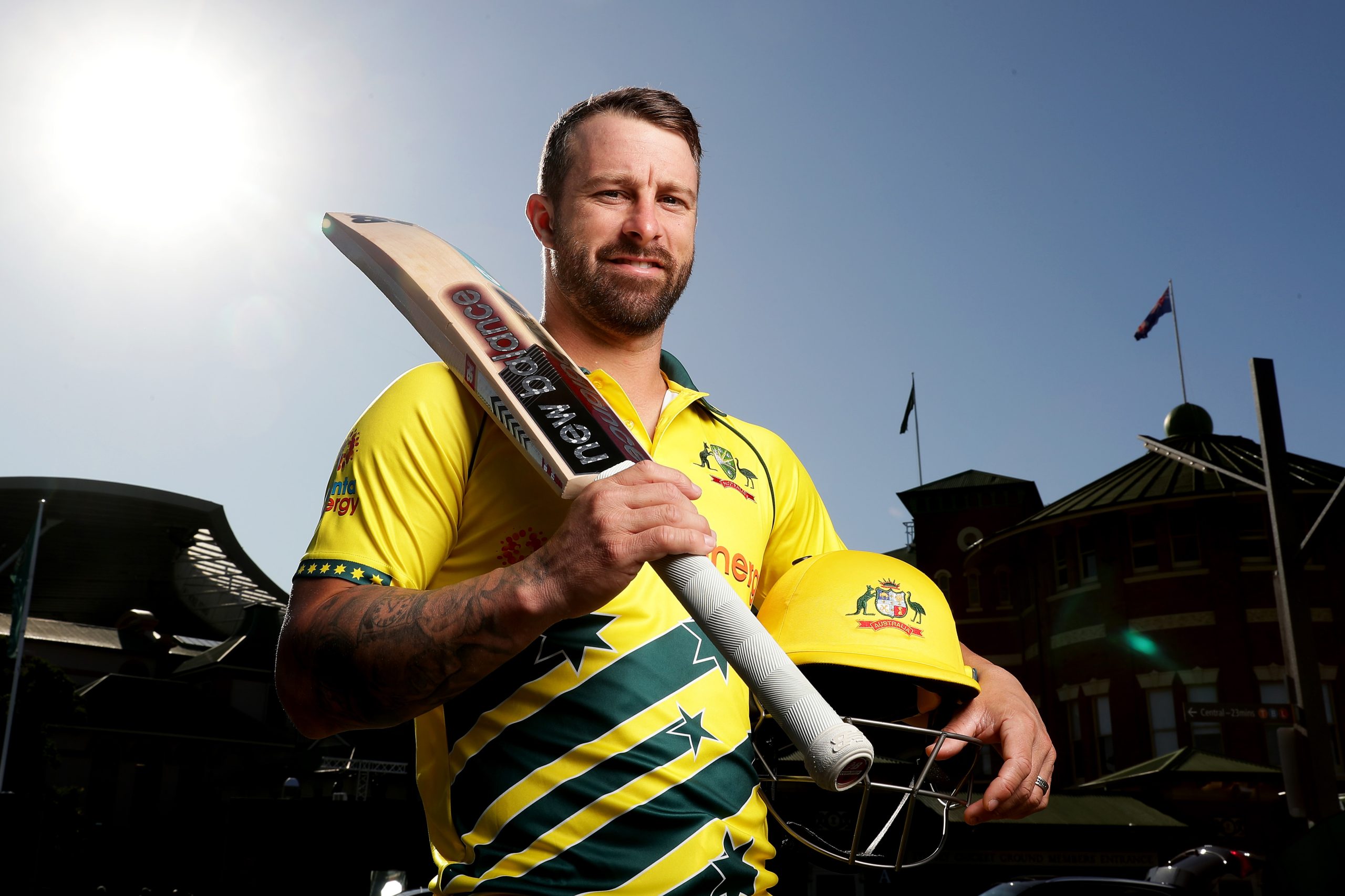
Matthew Wade, a budding talent, made his mark in 2006 with the Tasmania Tigers in the Ford Ranger One Day Cup. His path, however, was shadowed by Tim Paine’s rising star in the Tasmanian team.
Faced with this challenge, Wade shifted to Victoria in 2007, a move that catapulted him to the forefront as the state’s preferred wicketkeeper.
First-Class Feats and IPL Forays
In the 2008/09 season, Wade’s career took a leap forward with his first major century in first-class cricket. His remarkable 96-run innings in the 2009/10 Sheffield Shield final was pivotal in Victoria’s victory.
Despite a setback in 2013 due to a suspension, he bounced back in 2015 with a career-high score of 152 for Victoria.
Wade’s prowess caught the eye of the Delhi Daredevils, leading to his signing in January 2011. His stint in the 2011 Indian Premier League showcased his growing versatility and skill.
Homecoming and Leadership: Wade’s Return to Tasmania
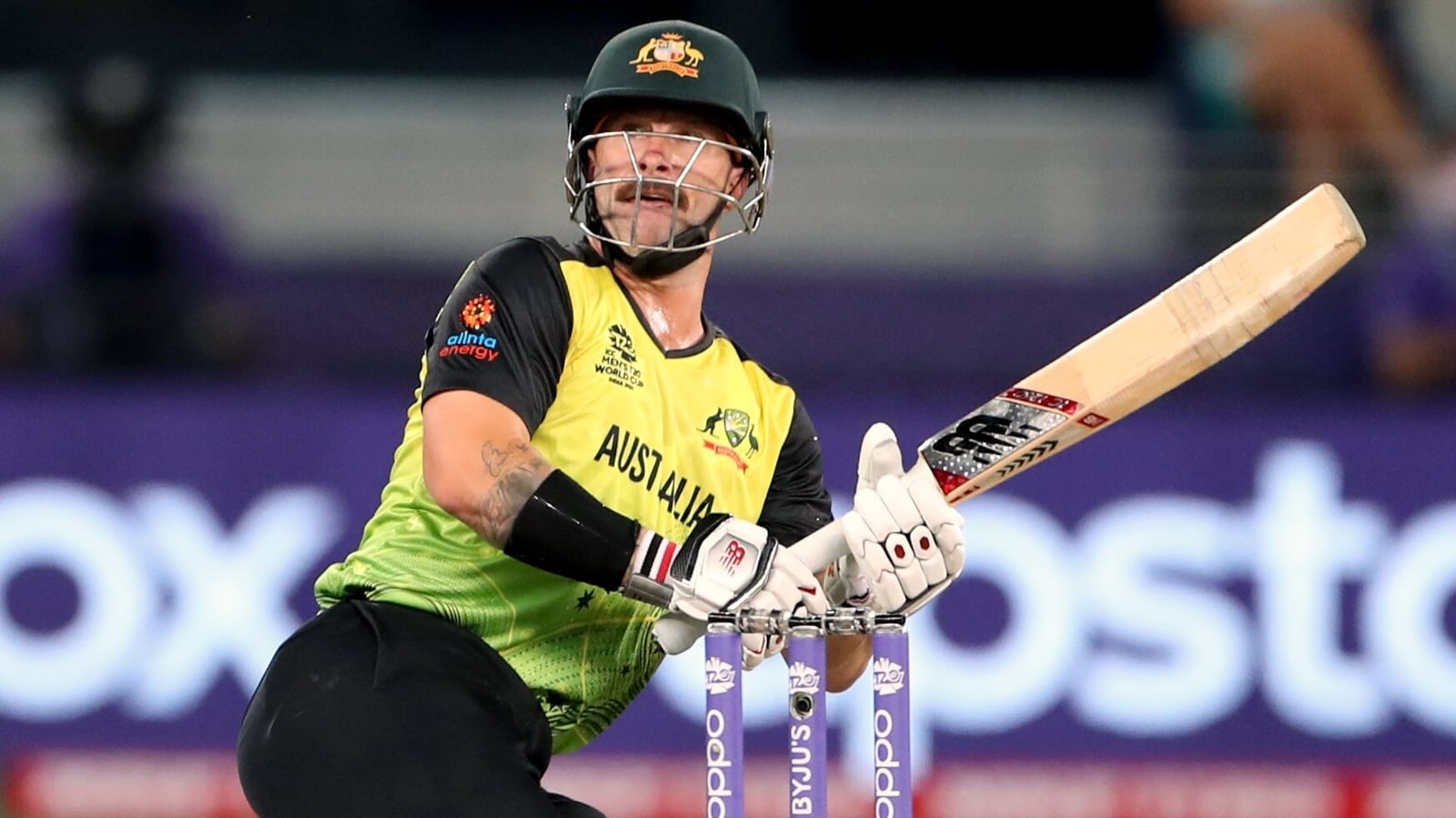
2017 saw Wade return to Tasmania for family reasons, a decision that realigned his career. He took over the first-choice wicketkeeper role, occasionally playing as a specialist batsman.
This period also marked his move from the Melbourne Renegades to the Hobart Hurricanes in the Big Bash League. Wade’s consistent performances earned him a spot in the Sheffield Shield team of the year in 2018.
His leadership skills came to the fore in the 2018/19 season as he was named captain of both the Tasmanian team and the Hurricanes.
Global T20 Ventures: Matthew Wade’s Expanding Horizon
In a significant development, the Gujarat Titans snapped up Wade in the 2022 Indian Premier League auction.
His journey then took him to England, where he joined the Birmingham Phoenix for The Hundred’s 2022 season.
Most recently, in December 2022, the Karachi Kings picked Wade in the Platinum Category round for the 2023 PSL draft, further expanding his global T20 franchise career.
International career: Matthew Wade’s Dynamic ODI Debut
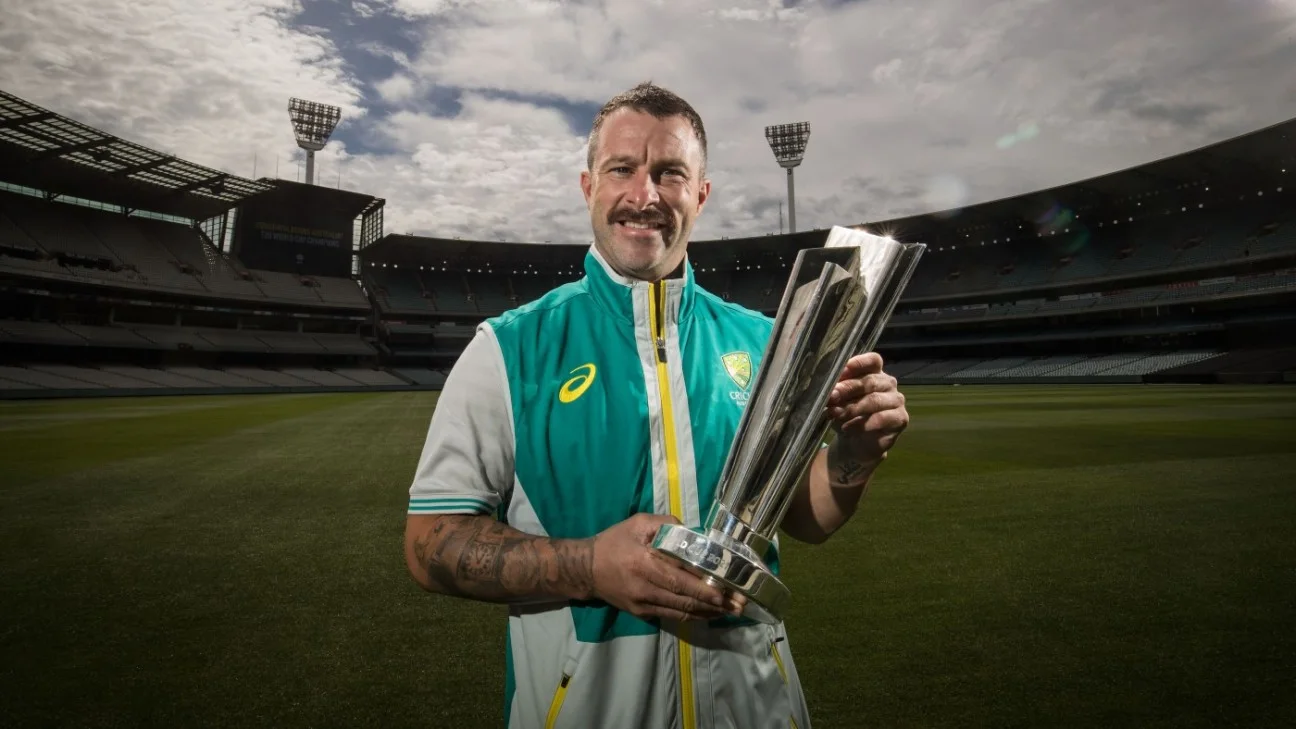
Matthew Wade first donned the Australian colors in October 2011, debuting in a T20 International against South Africa.
His stellar performance continued into February 2012, where he shone brightly against India in Sydney. Opening the batting, Wade hammered a thrilling 72 from 43 balls, clinching the Man of the Match award.
Wade’s Unforgettable Test Debut and Centuries
Wade’s prowess in limited overs cricket led to his selection for the Australian ODI team in the 2011–12 Commonwealth Bank Series.
Here, he made an unforgettable impact, scoring 67 off 69 balls against India at the Melbourne Cricket Ground.
His exceptional skills behind the stumps and as an opening batsman established him as Australia’s top choice for limited overs wicketkeeper.
Wade’s Ascendancy and Subsequent Challenges
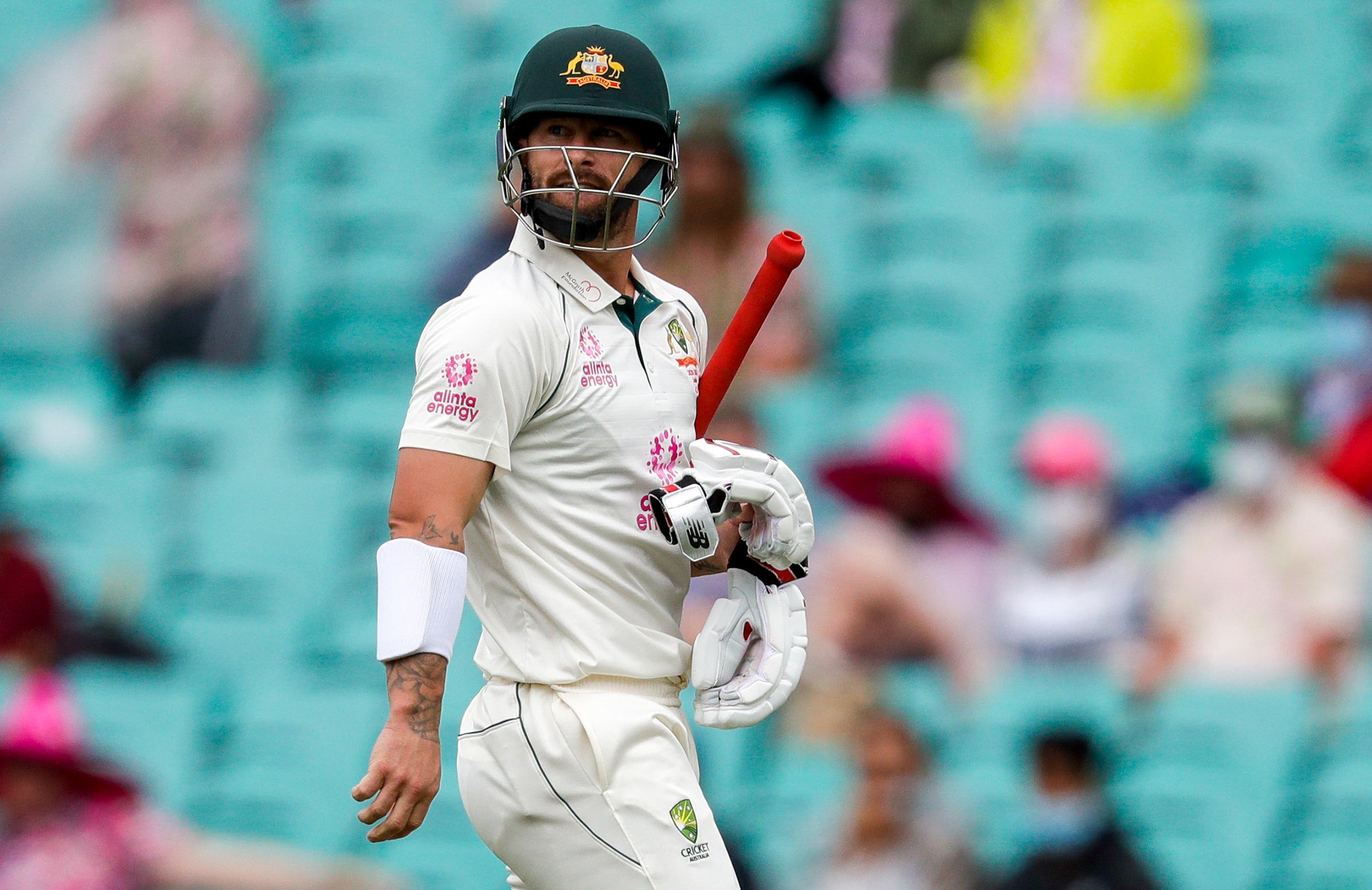
In April 2012, Wade’s Test journey began in Barbados, marked by his maiden Test century in Roseau. Despite stiff competition, he held his position through various series.
However, post the 2013 Ashes, Brad Haddin reclaimed the Test wicketkeeper spot. Wade, though, remained a key player in the ODI format.
After a hiatus, Wade made a triumphant return to Test cricket in November 2016. His recall came ahead of an underperforming Nevill, marking Wade’s reentry with matches against South Africa and Pakistan.
Wade’s Maiden ODI Century and Captaincy
January 2017 saw Wade hitting his maiden ODI century against Pakistan, a pivotal knock under pressure. Later that month, he stepped into the shoes of an injured Steve Smith as ODI captain, although a back injury soon sidelined him.
Wade’s World Cup and Ashes Heroics
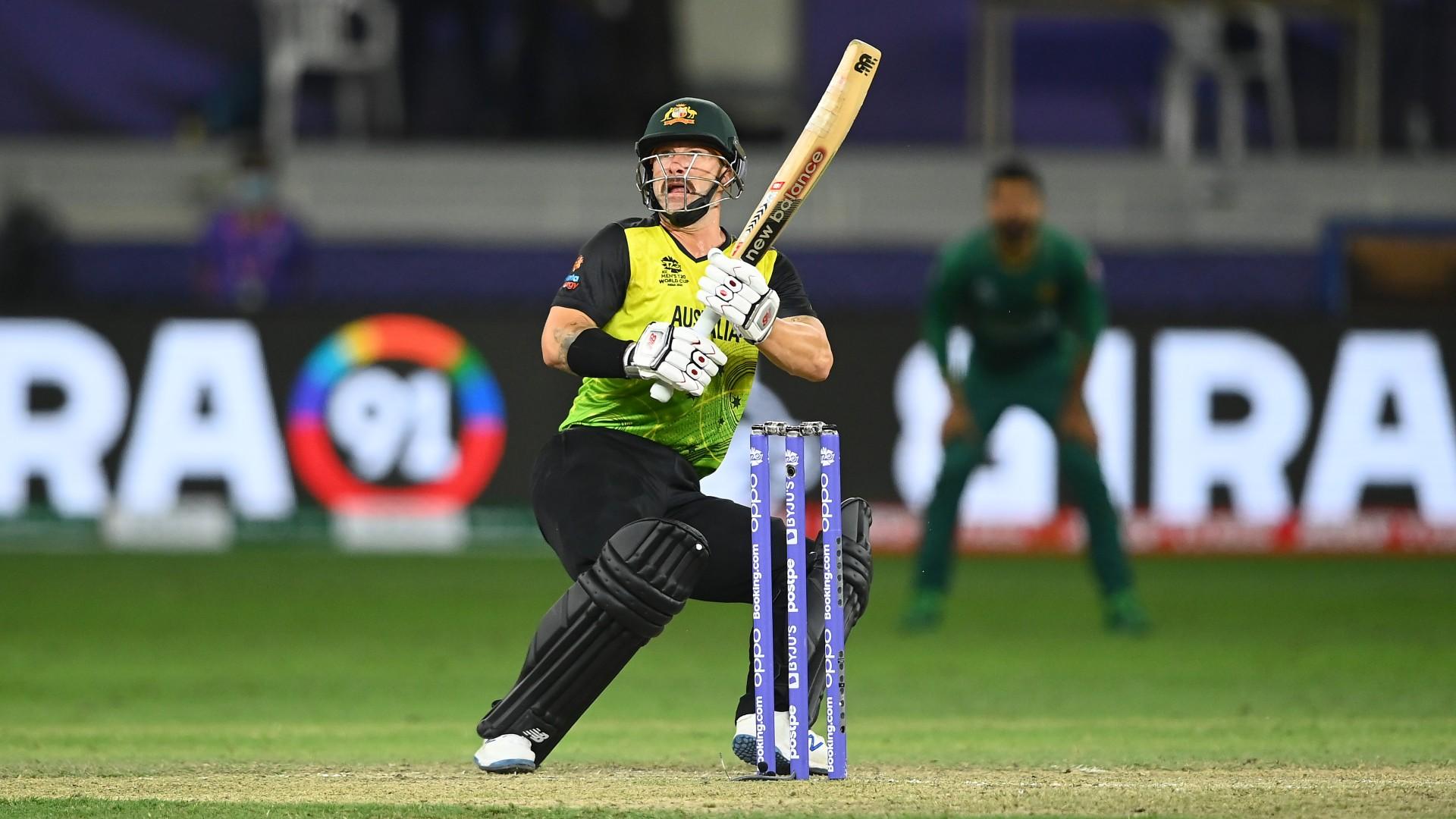
July 2019 was a significant month for Wade. Initially, he joined Australia’s squad for the Cricket World Cup as a replacement.
Subsequently, he was named in the squad for the Ashes series in England, where he scored two centuries in a drawn series.
Leading Through Pandemic: Wade’s New Challenges
In 2020, amidst the COVID-19 pandemic, Wade prepared for a potential England tour, later confirmed in August.
His leadership skills came to the fore in December when he captained Australia in a T20I match against India.
The following year, he led Australia in a T20I series against Bangladesh and joined the squad for the ICC Men’s T20 World Cup.
Frequently Asked Questions (FAQs)
When did Matthew Wade first play for the Australian cricket team?
Matthew Wade made his debut for the Australian cricket team in October 2011, playing a T20 International against South Africa.
What significant achievement did Wade accomplish in his international Test debut?
In his Test debut in April 2012 against the West Indies in Barbados, Matthew Wade scored his maiden Test century, a remarkable feat that highlighted his talent.
Has Matthew Wade held any leadership roles in Australian cricket?
Yes, Matthew Wade has held significant leadership roles. He captained Australia for the first time in December 2020 in a T20I match against India. He also led the Australian T20I team as the interim captain and captained domestic teams like Tasmania and Hobart Hurricanes.

